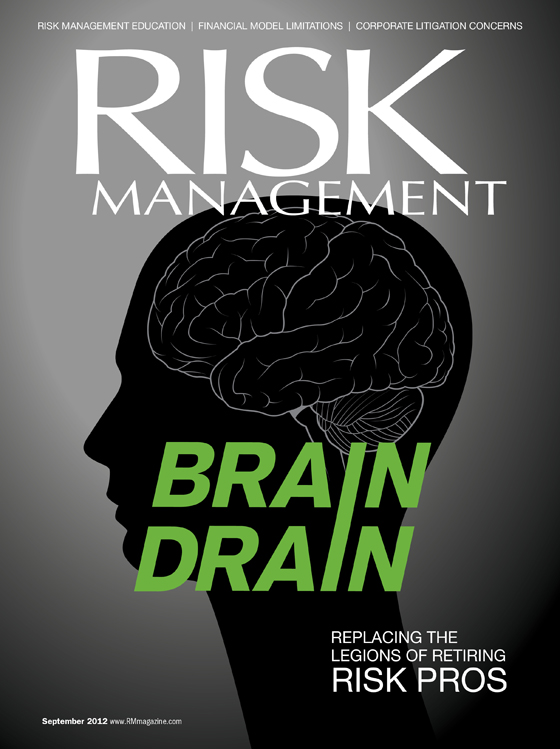The head of Italy’s disaster-warning committee, Luciano Maiani, has resigned in protest over the sentencing of seven of the organization’s members for underestimating the risks of a deadly 2009 earthquake. The commission’s vice president, Mauro Rosi, and president emeritus, Giuseppe Zamberletti, also resigned.
The April 2009 earthquake rocked the central Italian town of L’Aquila, killing 309 people and leaving thousands homeless. The seven defendants were members of the country’s Major Risks Committee, which met in L’Aquila March 31, 2009 — six days before the 6.
3-magnitude quake struck. The seven have been found guilty of manslaughter, accused of providing “inaccurate, incomplete and contradictory” information after small tremors were first felt.
Maiami, one of Italy’s top physicists and a former head of the top partical physics laboratory Cern in Geneva, criticised the verdict as “a big mistake.”
“These are professionals who spoke in good faith and were by no means motivated by personal interests, they had always said that it is not possible to predict an earthquake,” he told the Corriere della Sera newspaper.
“It is impossible to produce serious, professional and disinterested advice under this mad judicial and media pressure. This sort of thing doesn’t happen anywhere else in the world.
buy finasteride online www.methanol.org/wp-content/uploads/2022/08/png/finasteride.html no prescription pharmacyThis is the end of scientists giving consultations to the state.”
The seven defendants were given six-year prison sentences and they, along with the Prime Minister’s office, were ordered to pay 7.8 million euros in damages.
There has been an outcry from both the Italian and international scientific community, who say these individuals shouldn’t be punished if their forecasts don’t come true.
The American Association for the Advancement of Science has has called the convictions “unfaire and naive,” while the The Guardian has written that “few scientists will want to take responsibility for similar statements in the future.”
Scientific American takes a different stance, however. Risk perception consultant David Ropeik, in a guest blog post for the publication, feels the Italian scientists were at fault for failing to communicate the risks to the public. It’s tough to disagree with Ropeik.
The meeting that was held six days before the earthquake was called after a swarm of tremors shook the area. Seeing this as no major reason to expect an earthquake, the group gathered for what they called a media operation — basically, a meeting to calm the public’s fears, when what they should have been doing was preparing the public in case a major quake were to follow the tremors. Even worse is the following:
In a leaked telephone call, Guido Bertolaso, then head of the civil protection agency, told a local official that he was calling the meeting as “more of a media operation.” The top civil protection official at the meeting, Bernardo De Bernardinis, said in a television interview that residents faced “no danger” and should sit back with a glass of wine – recommending a Montepulciano.
Six days after that Montepulciano recommendation, 309 people were dead. And though a six-year sentence seems too harsh, someone must be held accountable — not for failing to predict, but for nonchalantly failing to educate and warn the public of what could occur.


